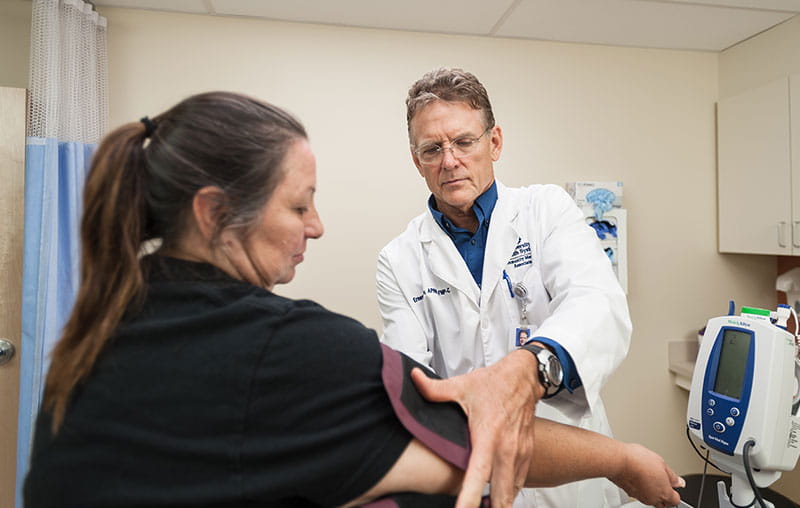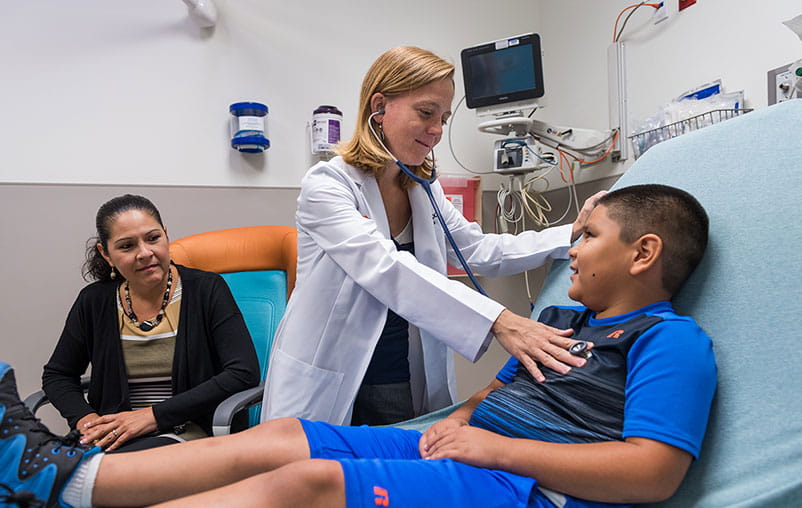Pregnancy can be a wonderful journey, but it’s also a time your body and health experience significant changes.
During the second trimester, which spans from weeks 14 to 28 of pregnancy, it's important to know what changes are normal and which ones you should be concerned about.
Our guide outlines common second trimester symptoms, explains when to contact your OB/GYN and provides tips for staying on track with your prenatal care.
Body Changes During the Second Trimester
The second trimester is often called the "honeymoon phase." Many people find relief from early pregnancy symptoms, like nausea and fatigue, and feel a renewed sense of energy. However, your body continues to undergo many changes.
Common second trimester body changes include:
- Growing belly and weight gain: Around this time, you’ll likely start to “show” more noticeably.
- Skin changes: As the baby grows, you can expect to see stretch marks, darkening of the skin (especially around the nipples, abdomen or face) and a visible dark line down your abdomen.
- Breast enlargement: Your breasts may continue to grow in preparation for breastfeeding and may start to leak small amounts of colostrum, which is the first form of milk you will produce.
- Nasal congestion: Pregnancy can cause an increased blood flow to mucous membranes, which can cause stuffiness or nosebleeds.
- Leg cramps: You may experience cramping, especially at night, due to changes in blood circulation and pressure from your growing uterus.
- Back pain: As your body grows, the resulting changes in posture and increased weight can put strain on your lower back.
- Dental changes: Good dental hygiene is important during pregnancy. The hormonal shifts can make your gums more sensitive and prone to bleeding.
Most of these symptoms are manageable, but it’s important to listen to your body and share anything that feels unusual with your OB/GYN or primary care provider.
Learn more about University Health’s Women’s & Children’s Hospital in San Antonio.
Second Trimester Symptoms To Watch Out For
Your body is working hard to support your growing baby and new symptoms can be a sign that you need extra attention or care.
Here are some red flags to be aware of during your second trimester:
- Severe abdominal pain or cramping
- Heavy bleeding or fluid leakage
- Sudden or severe swelling around the face or hands
- Severe headaches, vision changes or dizziness
- Painful urination or fever
If you experience any of these symptoms, call your primary care provider or visit our 24/7 women’s center for OB/GYN emergencies.
Staying on Track With Your Prenatal Care
Prenatal care throughout your pregnancy is important and improves the likelihood of having a safe pregnancy and a healthy baby. During the second trimester, here’s what you should keep in mind:
- Attend your regular prenatal visits
- Stay on schedule with second trimester screenings
- Manage your nutrition and drink plenty of water
- Stay active with moderate exercise, like walking or prenatal yoga
The second trimester is also a good time to plan ahead by researching birthing and infant classes, preparing your home for the baby and discussing a birth plan with your OB/GYN.
Prenatal Care at University Health
Your second trimester can feel exciting as your baby becomes more active and you start to prepare for their birth. At the Women’s & Children’s Hospital, our prenatal care team is here to support you through every stage of pregnancy.
You will also be assigned a patient navigator who will provide personalized support and expert guidance.
Community Resources
Whether you receive care from us or not, we aim to connect our community to valuable resources related to pregnancy and postpartum care through our Institute for Public Health.
We’re here to support you at every step of your pregnancy journey.





